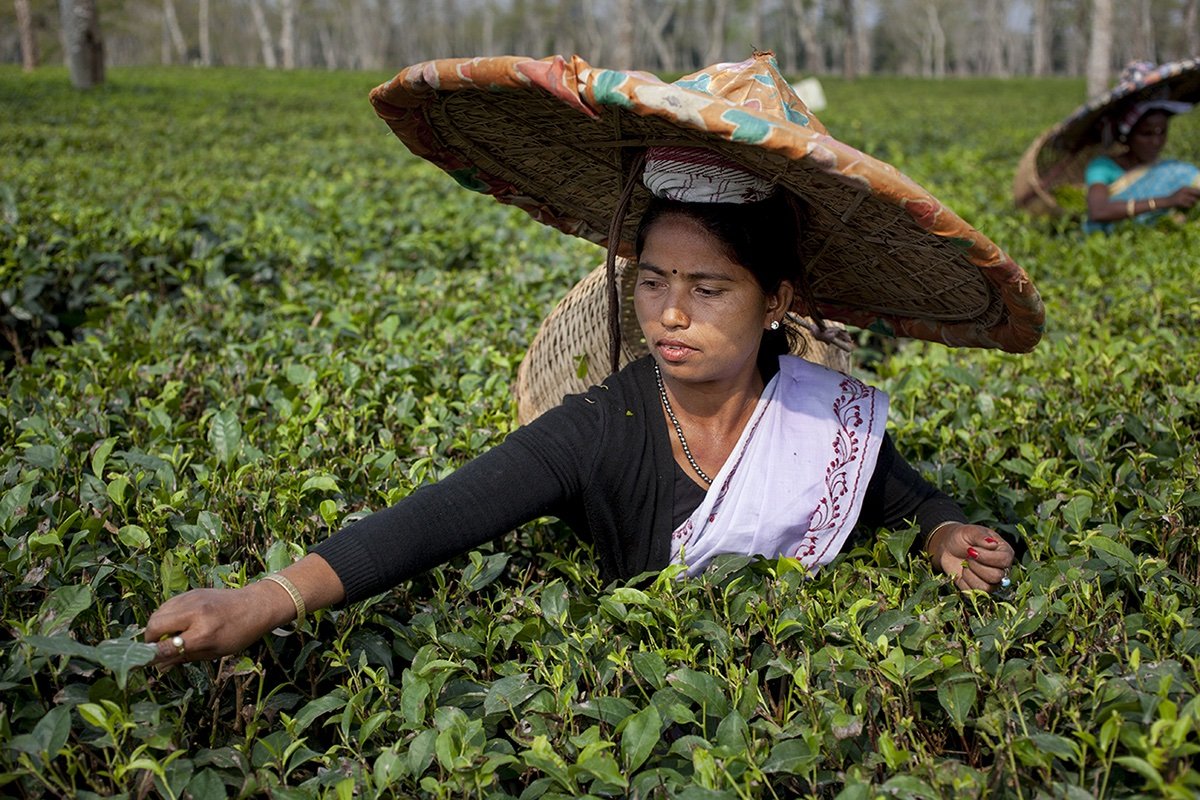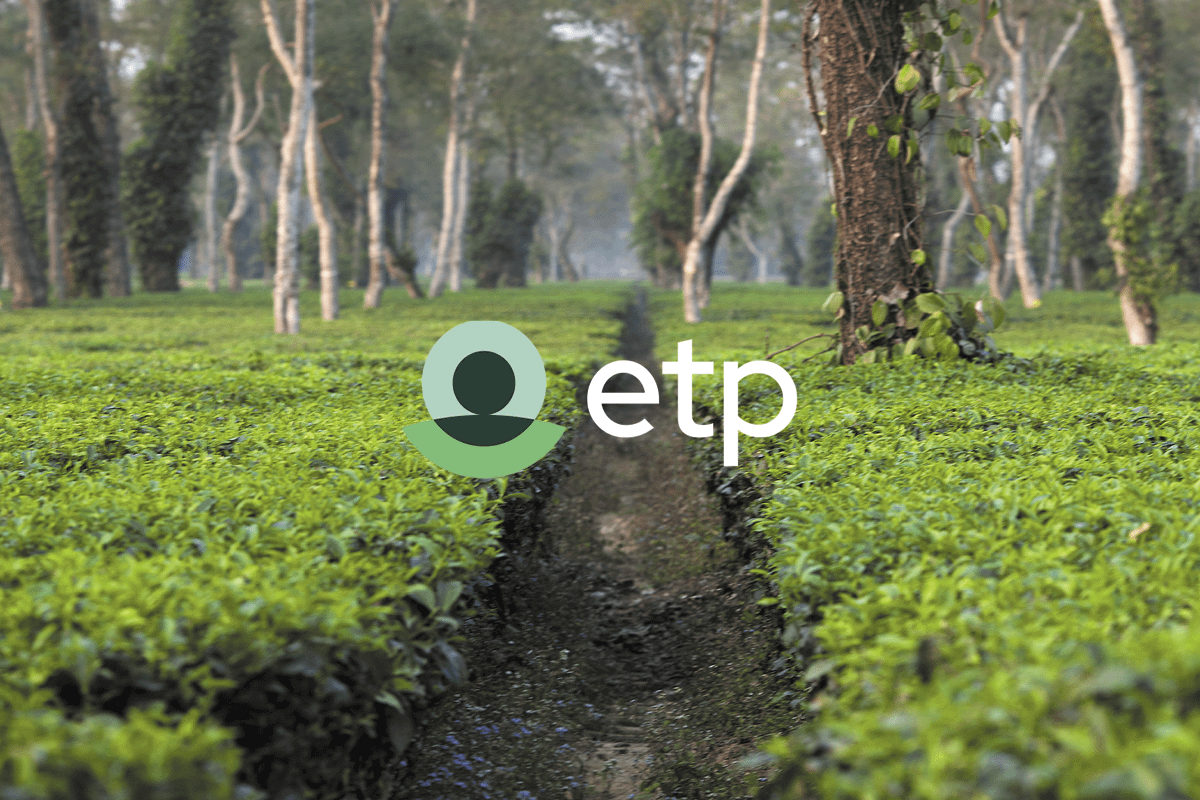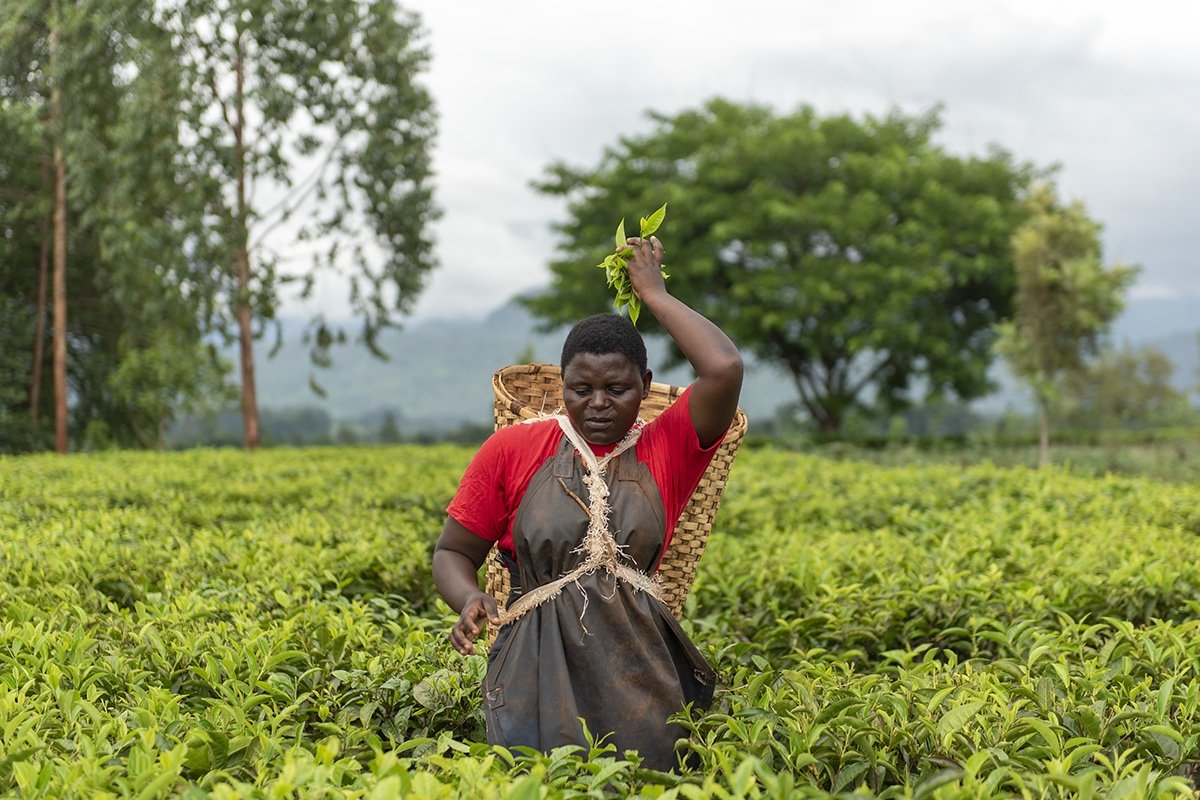Business and government leaders met in January 2023 for the World Economic Forum’s annual meeting in Davos.
ETP’s Livelihoods & Gender Lead, Leena Camadoo, kept a close eye on developments, and reflects on what lessons the tea sector can take from the week’s discussions.
The cost of living crisis, and its impact on society’s most vulnerable, dominated the agenda with Laura D’Andrea Tyson, Professor of Economics at the University of California, observing that this is not a new crisis but a deeper iteration of the existing, “living wage or poverty problem.” The dilemma of balancing national self-interest against the global good was the theme of this year’s Davos; with leaders exploring how to achieve “cooperation in a fragmented world.”
These same questions resonate in the tea sector, where different sets of actors hold shared visions but discrete interests, communal challenges, but competing pressures.
The economics pillar of our Strategy2030 particularly highlights this challenge; setting out our ambition to see all tea farmers and workers earning a living income or wage, whilst ensuring that the industry itself continues to thrive economically.
While the tea industry at large agrees that there is an urgent need to improve incomes so that tea farmers, workers, and their families can afford a decent standard of living, the questions of how this happens and who is responsible are more difficult to answer.





